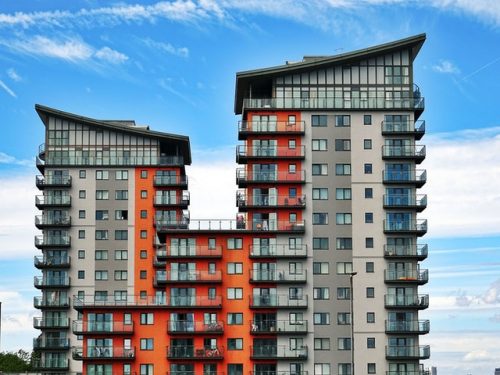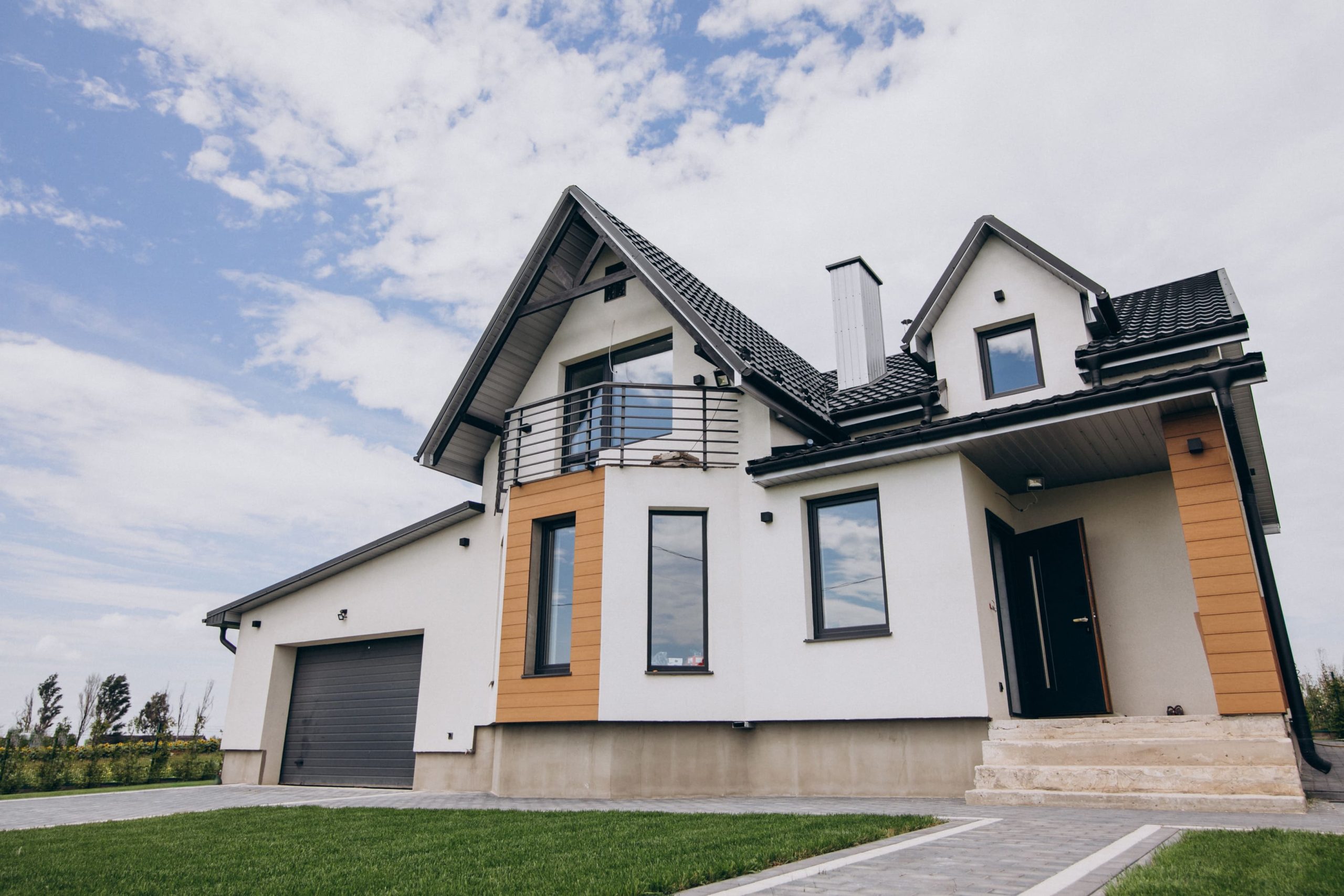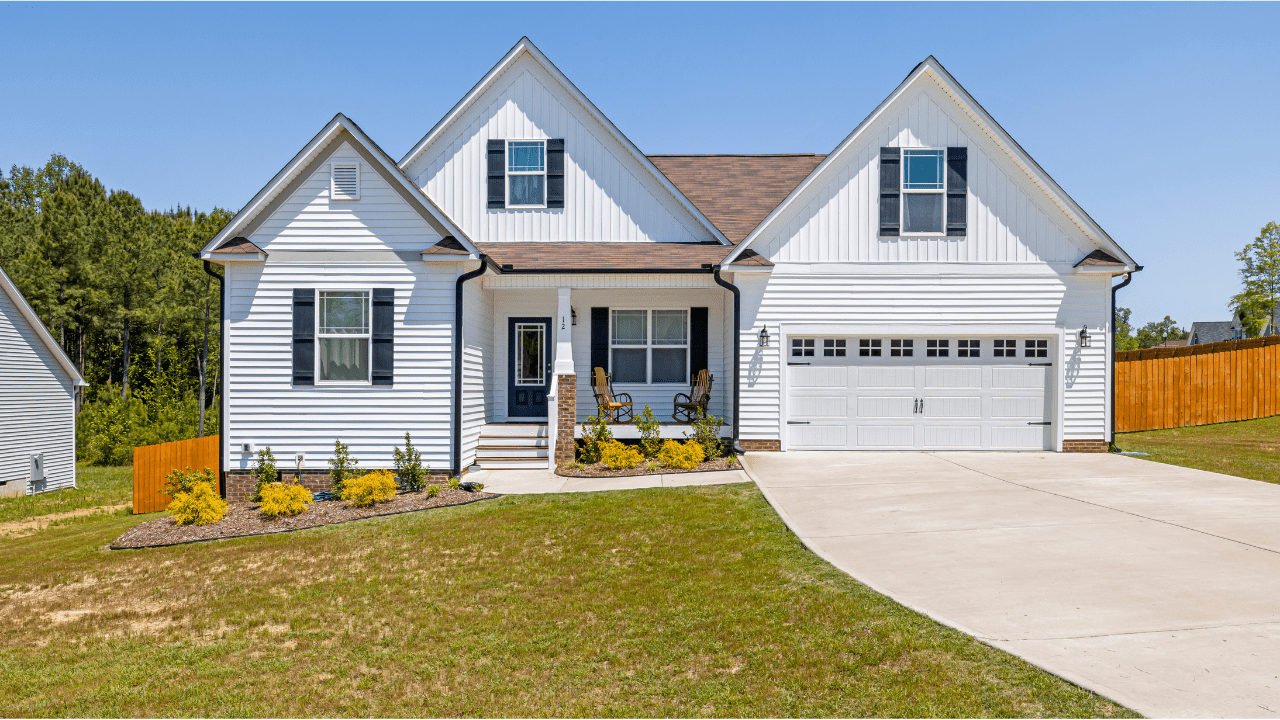The perfect apartment for you may not be the same as that of another person. You need to find a place that suits your needs and preferences. How can you find that perfect balance when picking the apartment to rent, lease, or buy? Here is a guide you can rely on.
Determine How Much You Have to Work With
How much money have you set aside for rent? Are you using a mortgage to make the purchase? How much have you set aside for security deposit?

When looking for an apartment, consider how much you can afford to pay in rent every month. Also consider other expenses involved in acquiring the property including renters insurance, security deposit, and service fees if you will be using the services of an agent. When budgeting about the monthly rent amount, think of the monthly expenses you have. Only set aside what you can afford for rent. It is recommended that your rent should not be more than 30% of your total income.
With a set budget, you can now start looking for apartments that have what you need.
Which Locations Work for You?
If you are a student you will want an apartment that is near your school. If you are working a place near your job is perfect. Proximity to work and study areas should not be the only consideration when it comes to location. Also, consider if the place is near the infrastructure you use often. If you have children, choose an apartment located near good schools. Also, look at how close the place is to other family members as well as favorite entertainment joints.
It is good to weigh what matters more between location and affordability. Areas near the town center tend to be costlier than suburbs. If you decide to get an apartment in the suburb, consider how long it would take you to get to work. If you have a car, look at traffic at the times you usually commute. Also, look if there are alternative routes you can use. If you use public transportation, consider how close the nearest terminus is.
Your apartment’s location should be as convenient as possible. You should be able to access everything you need from this spot. A good choice for people living in Austin is the Broadstone la Frontera. These apartments are located near Austin’s biggest employers and are surrounded by great dining, shopping, and other amenities.
Look Around and Compare Amenities
Now that you have already determined your budget and location, the next thing is looking around. You can do so by checking listings online or manually walking around the area you selected. It is prudent to start with an online search and only visit places that impress you. This saves time and energy.
How many bedrooms do you want? How much space should there be in each room and the entire house? Bear all this in mind as you do your search. Also, consider the layout of the apartment and choose one that works for you. If you work from home consider getting a large living room so you can convert a corner into a home office or opt for an apartment with an extra room for this.
Which amenities are must-haves and which ones can you do without? Some features like security and parking are must-haves for most people but surely you can overlook not having a pre-installed washer. Recreational facilities like swimming pools and clubhouses are nice to have. If you have pets, choose an apartment that allows its occupants to keep pets. In short, choose an apartment that has the things you need.
When walking around and checking out apartments, talk to the potential neighbors. This will help you determine how friendly your neighbors will be and find out about the management of the property.
Conclusion
Choosing an apartment is not easy because there are many considerations to bear in mind. By knowing what you want, you will find it easy to choose the right apartment for you. Remember to have all the documents you need ready before you start looking for a new apartment. Listings go fast and you need to grab a good deal the minute you spot it. The documents you need include pay stubs, reference letters from previous landlords, and letters of employment or other proof of income.



